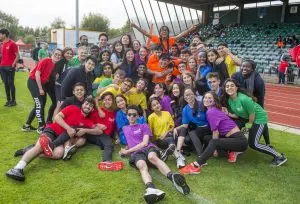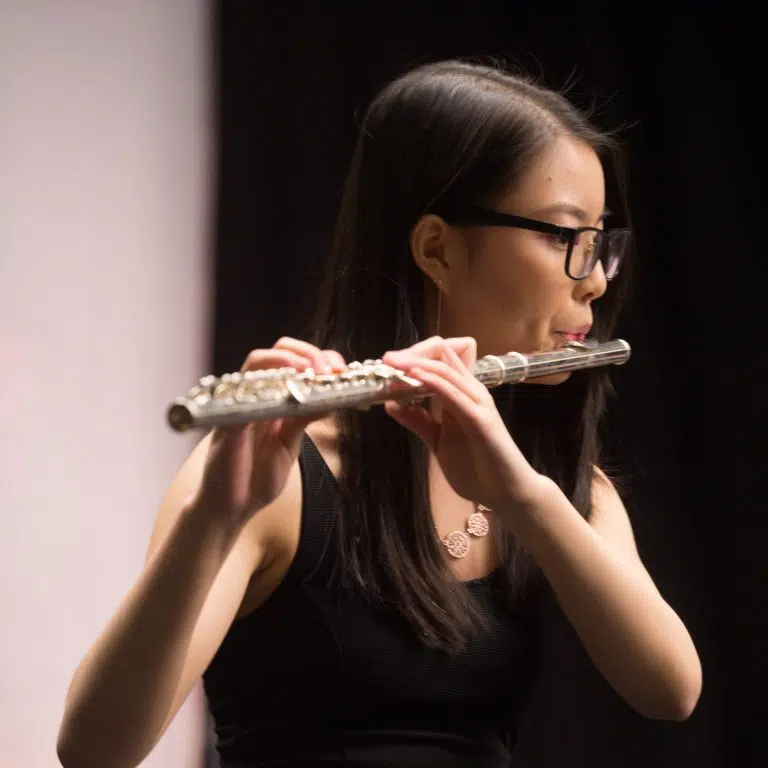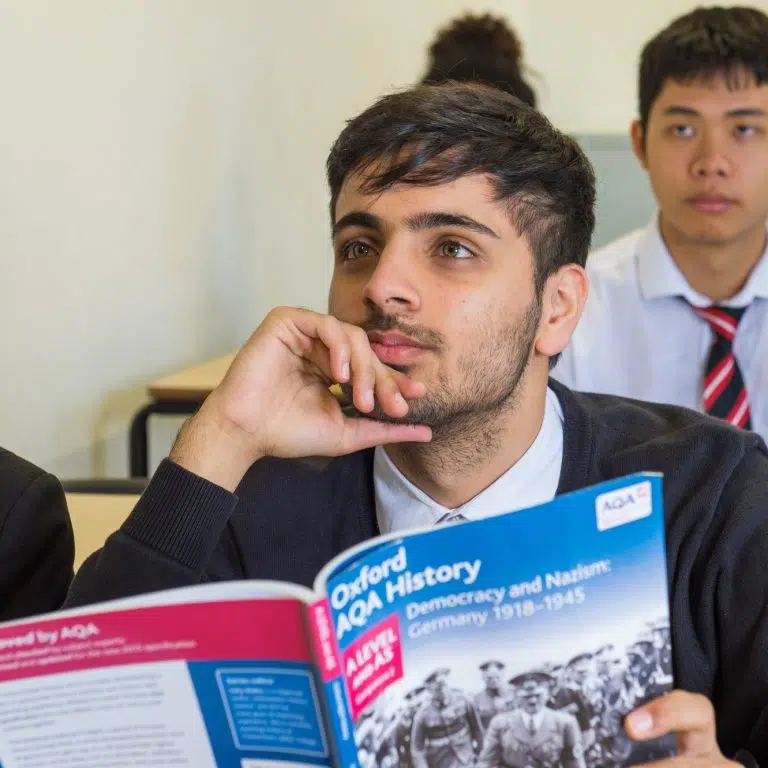Our Class of 2021 find themselves in the most unprecedented times; whilst most media coverage and university press releases have naturally focused on the incoming Class of 2020, attention need also be paid to our current Year 12 who are about to embark upon the unthinkable journey of applying to Medicine and Dentistry during a global pandemic. Applying to these highly prestigious courses is an obstacle course unto itself in any normal year, let alone in such tumultuous times of COVID-19. Hayley Bendle, Head of Higher Education and Careers at Cardiff Sixth Form College looks at the importance of the UKAT and BMAT tests in Medicine and Dentistry admissions at UK universities.
Each year, Cardiff Sixth Form College welcomes and supports over fifty aspiring Medicine and Dentistry applicants to UK and worldwide universities. When speaking to students and exploring what they believe to be the most important aspects of a successful application, it surprises me how many immediately respond with “Excellent AS Results”, “High UMS” or “All A* predicted grades.” Whilst, admittedly, these do play an important role, only a small minority of students even consider admissions tests at the outset.
As an analogy, I explain that applying to Medicine and Dentistry is akin to opening a door. First, we need to have a key, and specifically, the key that will fit the lock. Our individual profile (or, key shape) will only fit if we meet the academic profile that the lock (or, the university) is looking for. Once we meet the minimum criteria and our key fits in the lock, we then need to find the strength and determination to turn it and ultimately unlock the door.
Amongst other key components such as clinical and communicative work experience and volunteering to demonstrate their commitment, the Biomedical Admissions Test (BMAT) and University Clinical Aptitude Test (UCAT) becomes the most significant criterion to demonstrate one’s strength and ability to opening that door. Utilised and critically analysed by all bar a select few of UK Medical and Dental schools, these admissions tests are designed to test applicants’ problem solving, critical thinking, written communication skills, alongside mathematical and scientific knowledge; namely, key transferable skills expected from prospective and practising doctors and dentists.
What makes these tests so different and more difficult is not what they test, but how they test. Studying A-levels, students become accustomed and comfortable with demonstrating their vast knowledge in national examinations, with enough time left over to double check their essay responses. Conversely, with BMAT and UCAT, students find themselves under a new kind of pressure; these multiple choice tests are intentionally designed to trip you up with deliberate red herrings and nor do they give students enough time to finish – some sections only provide an average of 14 seconds per question! Evidently, it is a test of one’s general skills and aptitude, and ability to make swift and accurate decisions in the heat of the moment.
Being ranked comparatively against the tens of thousands of other candidates around the world can be rather unsettling to students who have always come top in their high school class or cohort. These tests may challenge students both mentally and emotionally, but embracing these examinations, acknowledging that they do not need to be in the 100th percentile, and drilling mock and example tests are key to developing familiarity. Ultimately, the more hours of practice devoted to the UCAT and BMAT, the easier and more accessible the questions will seem.
Each medical and dental school utilises a different admissions selection process and therefore, to optimise our students’ chances, we must encourage students to strategize and apply to and with their strengths! Unfortunately, Medicine and Dentistry are already amongst the most competitive courses in any year, especially amongst international students. With a government-imposed quota of only 7.5% of the overall Medicine or Dentistry cohort being non-EU, each year some universities receive as high as approximately thirty applicants to one international undergraduate space.
For 2021 entry, we must anticipate an even more competitive application round: our current Year 12 will also be applying alongside our Year 13 gap year students or re-applicants. The Guardian informs that approximately one in five students plan to defer their entry to 2021, with some universities even expecting an 80%-100% deduction in international student enrolments in September 2020. Some students may even withdraw altogether to reapply due to the current uncertainty regarding the impact of coronavirus on their Freshers’experience, or worries about the quality of online delivery. Therefore, we should expect and be prepared for the eventuality that our students will likely find themselves fighting against more applicants for even fewer spaces.
This week, we also learnt that both UCAT and BMAT examinations are still planned to go ahead: firstly, UCAT will be available and can be sat online in a test centre or at home from August 3rd to October 1st 2020. Secondly, BMAT is now only scheduled for November 4th 2020, without the possibility of a pre-application sitting in September – therefore, all BMAT applicants will be applying in the hope that they achieve the minimum scores needed to be considered further. Therefore, timed and assessed practice will be even more critical to mitigate this risk and to make informed and appropriate university choices.
In summary, with world-wide examination cancellations and the limited ability to find clinical work experience in light of COVID-19, our students need to stand out amongst the even larger crowd more than ever before. UCAT and BMAT will soon act as the biggest barrier to interviews than we have ever seen. Our students only have one chance to sit these aptitude tests, so let us encourage our students to not be deterred by these admissions tests but rather embrace the challenge. And if they do, they will add further strength to their application and be able to turn that key to open the door to a bright future in Medicine or Dentistry.
Categories: Articles



